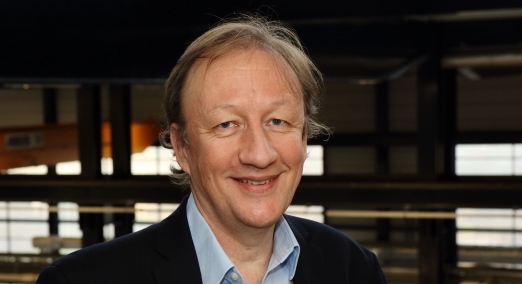The Rotherham-based Nuclear AMRC has welcomed a report urging the government to take a strategic approach to the development of the UK’s nuclear power capability.
The Science, Innovation and Technology Committee report on delivering nuclear power warns that the UK’s target of 24GW of nuclear generating capacity by 2050 is at risk without a comprehensive detailed and specific strategy.
The 24GW target is almost double the highest installed nuclear capacity the UK has ever achieved – potentially including new gigawatt-scale nuclear power, small modular reactors (SMRs) and advanced modular reactors (AMRs), and further development of nuclear fusion.
The committee warns that reaching the target will require substantial progress on technologies, financing, skills, regulation, decommissioning and waste management, and recommends that a comprehensive nuclear strategic plan is drawn up, consulted upon and agreed before the end of the current Parliament.
Chris Pook, government policy director at the Nuclear AMRC said: “The select committee report is very welcome, and we strongly support their call for a comprehensive nuclear strategic plan. However, this must include a plan for building UK supply chain capability and creating long-term economic benefit.
“We need to see more targeted action to open up opportunities for UK companies to bid for and win work in delivering new nuclear build, with support for innovation in the supply chain to increase competitiveness and drive down costs. We have the opportunity to build a competitive world class industry to not only deliver domestic energy security needs but also win future business overseas. We urgently need clarity on what measures will be put in place to deliver supply chain capability and skills across the nuclear sector.”
The report includes recommendations in several key areas:
- A clearer role for Great British Nuclear – beyond the current SMR competition.
- Establishing the right mix of technologies – clarity over what proportion should be met by gigawatt-scale plants, and how much by SMRs and AMRs.
- Financing of new nuclear – including the cost of the risk transfer from the Regulatory Asset Base model.
- Small modular reactors – whether technologies should be from a single supplier or multiple suppliers; where SMRs should be; and what financial model would be used.
- Skills – the current nuclear workforce of over 65,000 people will need to more than double, requiring between 75,000 and 150,000 new recruits. This needs coordinated actions by the whole sector.
- Decommissioning – a clear understanding of the waste consequences of new nuclear technologies, how it will be dealt with, and at what cost.
- Nuclear fusion – the UK needs to demonstrate a long-term approach, giving confidence and stability to investors and international partners.



